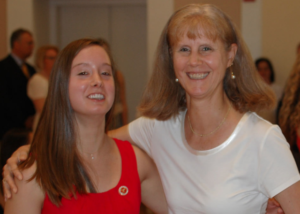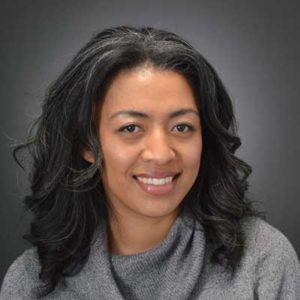 Gloria works as an Inpatient Psychiatry Staff Nurse, part of an interdisciplinary team for individuals with acute mental health crisis. Working toward her BSN is the next step in realizing her goal to become a family nurse practitioner and a certified Psychiatric NP.
Gloria works as an Inpatient Psychiatry Staff Nurse, part of an interdisciplinary team for individuals with acute mental health crisis. Working toward her BSN is the next step in realizing her goal to become a family nurse practitioner and a certified Psychiatric NP.
Challenges
It isn’t easy, especially balancing her time and finances. Going to school at least half-time has enabled Gloria to qualify for financial aid, and she receives tuition reimbursement from her employer. She has had to give up some social time, in addition to reducing her hours at work, in order to juggle her responsibilities as a single parent, employee, and student. Gloria relies on financial aid to supplement her income since decreasing her hours at work, and says she couldn’t have gone back to school without that financial help.
Success
Sometimes our greatest challenges give rise to our greatest success. In returning to school for her BSN, Gloria says her greatest success has been learning to juggle life and the many demands on her time. She feels good about the skills she has developed around setting priorities and finds school is easier for her this time around. She’s also proud of how savvy she has become in navigating the financial aid system.
Advice
Gloria offers this advice to RNs considering a return to school for their BSN: Apply for financial aid and go part time, taking 6-9 credits. She wishes she had known sooner that she could qualify for grant funding by increasing her enrollment from 6 credits to 9. Gloria also encourages people to take advantage of opportunities like travel study if they possibly can. She says, “Going back to school is a big task, but it’s a great opportunity to switch things up!”

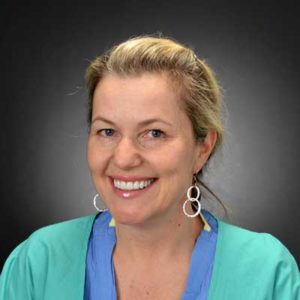 Ingrid has a Bachelor of Science degree in Nursing from UVM and is currently working toward her AGNP. She went back to school for her BSN because she felt there was so much more to learn about nursing than she had been exposed to in her Associate’s program. Ingrid works in the OR at the University of Vermont Medical Center in Burlington, Vermont. She is so happy with her current position, she wouldn’t change a thing!
Ingrid has a Bachelor of Science degree in Nursing from UVM and is currently working toward her AGNP. She went back to school for her BSN because she felt there was so much more to learn about nursing than she had been exposed to in her Associate’s program. Ingrid works in the OR at the University of Vermont Medical Center in Burlington, Vermont. She is so happy with her current position, she wouldn’t change a thing!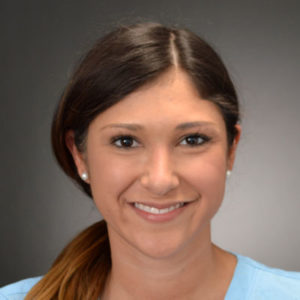 Alexis has just been hired as a maternity nurse at UVMMC. She sees getting her BSN as a necessary step in her career path. In her experience, she has found more and more employers are looking for nurses who have their BSN or are working toward it.
Alexis has just been hired as a maternity nurse at UVMMC. She sees getting her BSN as a necessary step in her career path. In her experience, she has found more and more employers are looking for nurses who have their BSN or are working toward it.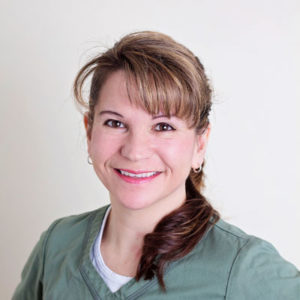 Patricia currently works as a home health nurse for Orleans/Essex visiting nurse association. As a home health nurse, she calls the beautiful Northeast Kingdom her work setting and client’s homes her office. Patricia says “A bachelor’s degree is the gateway to endless potential in nursing. As you look on websites and read nursing journals, there is a real push for bachelor degree prepared nurses and I did not want any doors closed to my future.”
Patricia currently works as a home health nurse for Orleans/Essex visiting nurse association. As a home health nurse, she calls the beautiful Northeast Kingdom her work setting and client’s homes her office. Patricia says “A bachelor’s degree is the gateway to endless potential in nursing. As you look on websites and read nursing journals, there is a real push for bachelor degree prepared nurses and I did not want any doors closed to my future.”
